Hundreds of Millions of Dollars Have Been Recovered for Personal Injury and Wrongful Death Victims
"*" indicates required fields
Losing someone you love is the hardest thing in the world. The grief can feel like a physical weight, making it hard to breathe, think, or get through the day. But when that loss is a wrongful death caused by someone else’s carelessness, recklessness, or negligence, the grief is mixed with a deep and burning sense of injustice. A wrongful death is, by its nature, a preventable loss that should never have happened. This is the fundamental truth at the heart of every wrongful death case.
This type of loss, a wrongful death, leaves you with haunting questions. Why did this wrongful death happen? Could this wrongful death have been prevented? How could someone’s mistake lead to this wrongful death? These questions demand answers, and the pursuit of those answers is a central part of seeking justice for a wrongful death. Finding the truth behind a wrongful death is often the first step toward healing.
If your family is asking these questions after a wrongful death, please know you are not alone. For decades, the wrongful death lawyers at The Killino Firm have stood with families across Pennsylvania during these unimaginable times. We understand you are seeking answers and accountability for this devastating wrongful death. We provide the strength and expertise you need after a wrongful death. Under Pennsylvania law, when a person’s death is a wrongful death caused by the wrongful act or negligence of another, the surviving family has the right to file a wrongful death claim. This legal tool is what a wrongful death lawyer uses to hold parties accountable for a wrongful death and to provide your family with the financial resources needed after a life-altering wrongful death. Our firm is dedicated to handling wrongful death cases with compassion and resolve. A wrongful death lawsuit is a complex legal battle, and having the right wrongful death lawyer is crucial. Pursuing a wrongful death claim is a way to honor your loved one’s memory by seeking accountability.


Understanding the legal definition of a wrongful death is the first step in any potential wrongful death lawsuit. In Pennsylvania, the law is very specific. According to statute 42 Pa.C.S.A. § 8301, a wrongful death is a death caused by the “wrongful act or neglect or unlawful violence or negligence of another.”
Let’s break that down. At its core, a wrongful death case is a negligence case. To win a wrongful death lawsuit, your wrongful death lawyer must prove four key elements by a “preponderance of the evidence” (meaning it’s more likely than not that the claim is true):
Duty of Care: We must first establish that the at-fault party (the defendant) owed a legal duty to your loved one to act with reasonable care. This duty arises from the relationship between the parties and the circumstances. For example:
Product Manufacturers owe a duty to design, manufacture, and provide adequate warnings for their products to ensure they are safe for their intended use.
Breach of Duty: Your wrongful death lawyer must prove that the defendant breached this duty of care. This is the “negligent act” or omission. It means the defendant failed to act as a reasonably prudent person or entity would have acted under similar circumstances. Examples include:
A manufacturer using substandard materials in a product. Sometimes, negligence can be established through “negligence per se,” meaning the defendant violated a specific statute or regulation designed to protect public safety (like a DUI law or an OSHA regulation), and that violation directly caused the wrongful death.
Causation: This is often the most contested element and involves two parts:
Damages: Finally, we must demonstrate that the family has suffered legally recognizable damages as a result of the wrongful death. These damages, detailed later, encompass both the economic devastation and the profound emotional losses stemming from the wrongful death.
When these four elements are proven, a family has a strong foundation for a successful wrongful death claim. Every wrongful death case is unique, and a thorough investigation is required to establish these elements convincingly. The burden of proof in a wrongful death case rests entirely on the plaintiff (the family, represented by the personal representative).
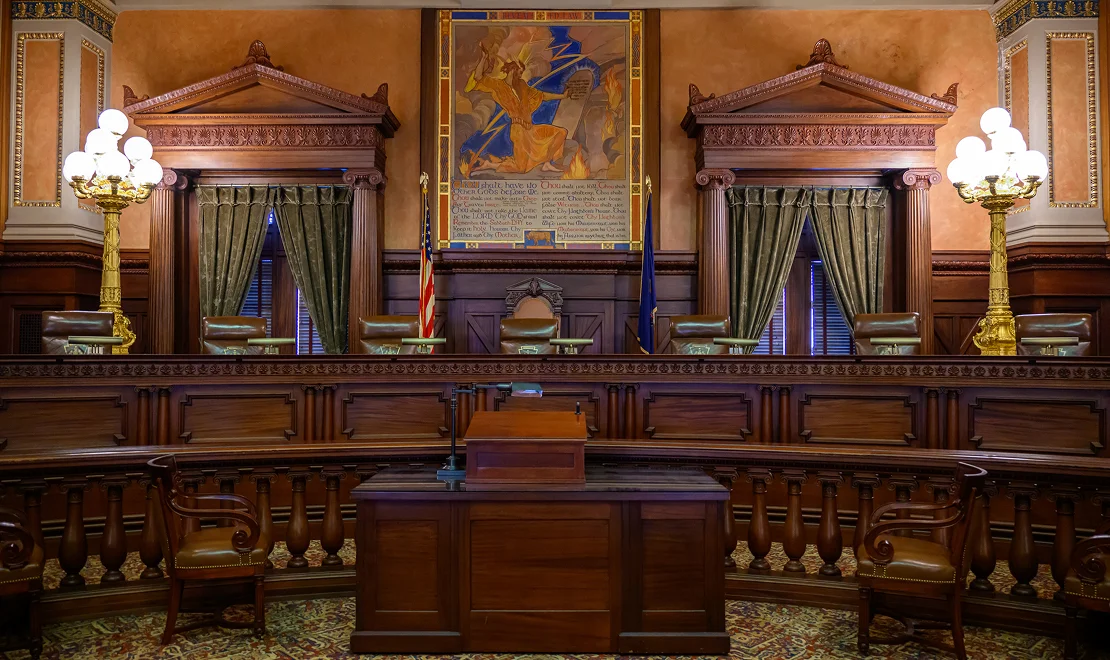
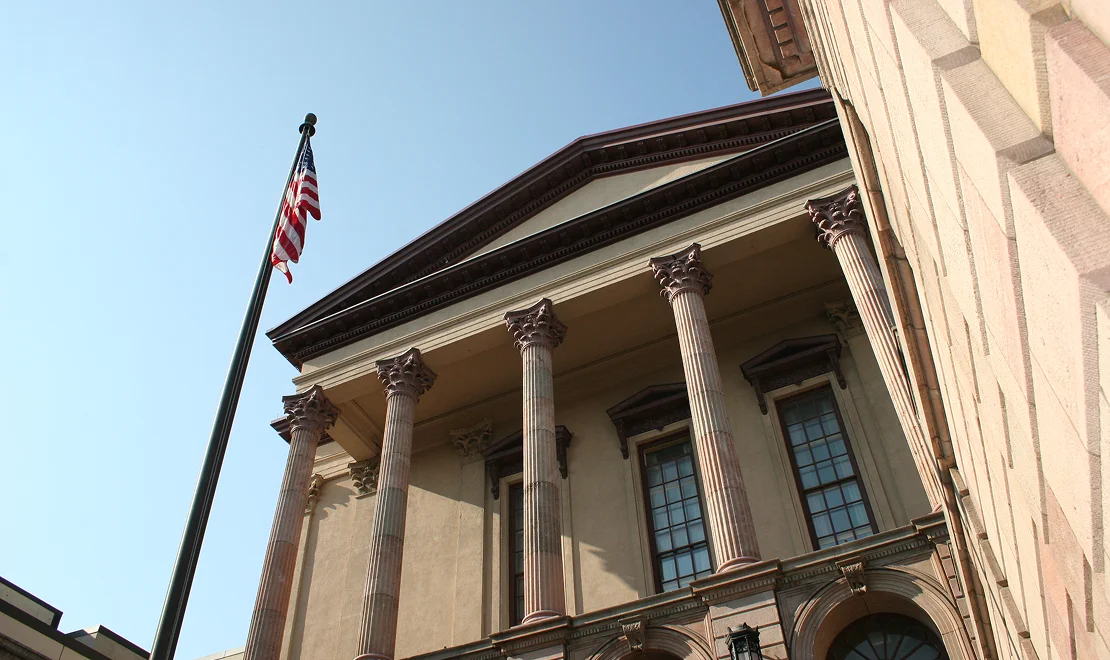
The legal process after a wrongful death can seem daunting and complex, especially while you are grieving. A skilled wrongful death lawyer will handle the legal burdens and guide you through every stage with compassion and clarity. Here is a step-by-step overview of what to expect in a Pennsylvania wrongful death lawsuit.
Free Consultation and Case Evaluation: Your journey begins with a confidential conversation with an experienced wrongful death lawyer. During this meeting, you can share the circumstances of the wrongful death, ask questions, and understand your legal options. We will evaluate the facts to determine if you have a valid wrongful death claim, discussing the strengths and potential challenges.
Hiring a Firm and Signing a Contingency Fee Agreement: If you decide to move forward, you will sign an agreement with your wrongful death law firm. The Killino Firm handles all wrongful death cases on a contingency fee basis, meaning you pay absolutely no upfront costs. We advance all expenses (investigation costs, expert fees, court filing fees), and our fee is a percentage of the financial recovery we win for you. If we don’t win, you owe us nothing. This ensures access to justice for every family affected by a wrongful death.
Forensic Investigation: This is one of the most critical phases, beginning immediately. Our wrongful death investigation team acts quickly to gather and preserve evidence proving the wrongful death was caused by negligence. This involves obtaining official reports (police, autopsy, OSHA), securing physical evidence (vehicle wreckage, defective products), identifying and interviewing eyewitnesses, and issuing legal notices (“spoliation letters”) to potential defendants demanding they preserve relevant evidence (like surveillance footage or trucking logs). A prompt and thorough investigation is absolutely key to a successful wrongful death case.
Appointing a Personal Representative: As required by Pennsylvania law, a wrongful death lawsuit must be filed by the “personal representative” of the estate. Our lawyers handle the entire legal process of petitioning the appropriate County Register of Wills or Orphans’ Court to get this person (either an “executor” named in a will or an “administrator” if there’s no will) officially appointed. This involves preparing legal documents, attending court hearings if necessary, and obtaining “Letters Testamentary” or “Letters of Administration” that grant legal authority.
Filing the Wrongful Death Lawsuit: Once the personal representative is appointed, we draft and file a formal legal document called a “Complaint” in the appropriate County Court of Common Pleas (determined by factors like where the wrongful death occurred or where the defendant resides/does business) or Federal Court. This detailed document outlines the facts of the wrongful death, identifies the defendants, specifies the legal basis for the claim (negligence), and demands damages. Filing the Complaint officially starts the wrongful death lawsuit and stops the statute of limitations clock. However, if service of process is not timely and properly made, the case may be dismissed without the ability to successfully reinstate if past the Statute of Limitations.
Serving the Lawsuit: The defendants must be formally notified of the lawsuit through a process called “service of process.” We arrange for a sheriff or process server to legally deliver the Complaint to each defendant.
The Discovery Process: This is the extensive evidence-gathering phase where both sides exchange information under court rules. It typically involves:
Hiring Expert Witnesses: To win a complex wrongful death case, expert testimony is almost always required. Your wrongful death lawyer will identify, retain, and work closely with leading national experts—such as accident reconstructionists, medical specialists, engineers, safety consultants, and forensic economists—to analyze the evidence and provide authoritative opinions and reports that support your wrongful death claim.
Mediation/Alternative Dispute Resolution (ADR): Many courts require parties to attempt mediation before trial. This involves a neutral third-party mediator helping both sides try to reach a settlement agreement. While not always successful, mediation can be an effective way to resolve a wrongful death case without the expense and stress of a trial.
Negotiation and Settlement: Throughout the process, armed with a strong case built on thorough investigation and compelling expert testimony, your wrongful death lawyer will negotiate aggressively with the defense lawyers and their insurance company. The goal is to achieve a full and fair settlement that compensates your family for the wrongful death without the need for a trial. The vast majority of wrongful death cases are resolved at this stage.
Trial: If the insurance company refuses to offer a fair settlement that fully compensates your family’s loss from the wrongful death, we are fully prepared to take your wrongful death case to trial. As experienced trial lawyers, we will meticulously prepare and present your case to a jury, cross-examine defense witnesses, and fight vigorously for a verdict that delivers the justice your family deserves for the wrongful death of your loved one.
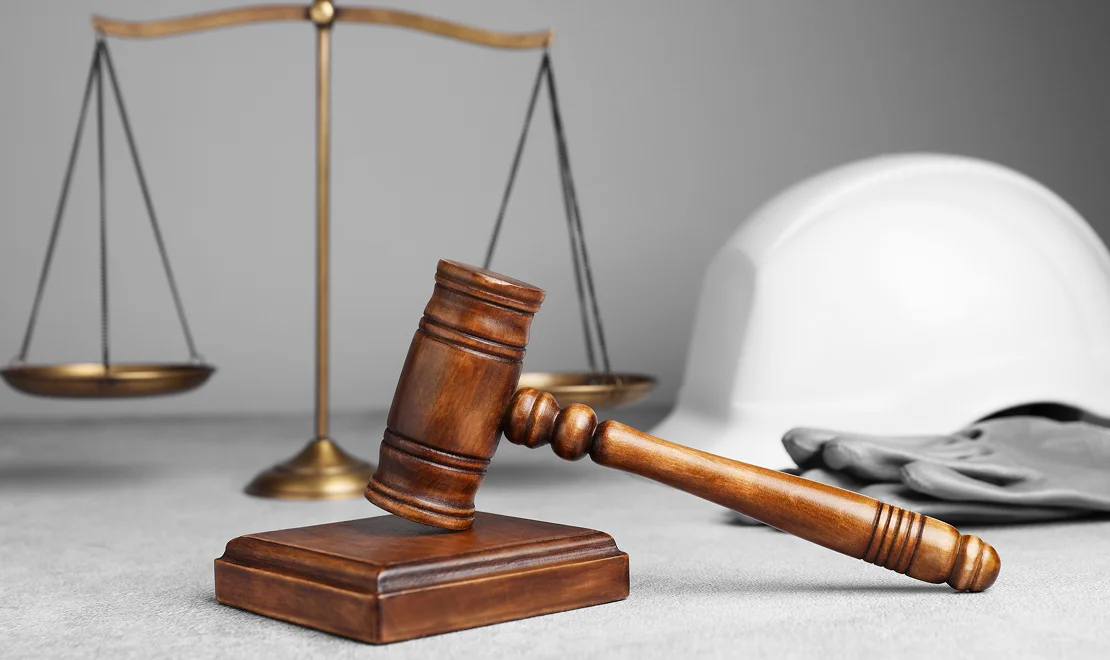
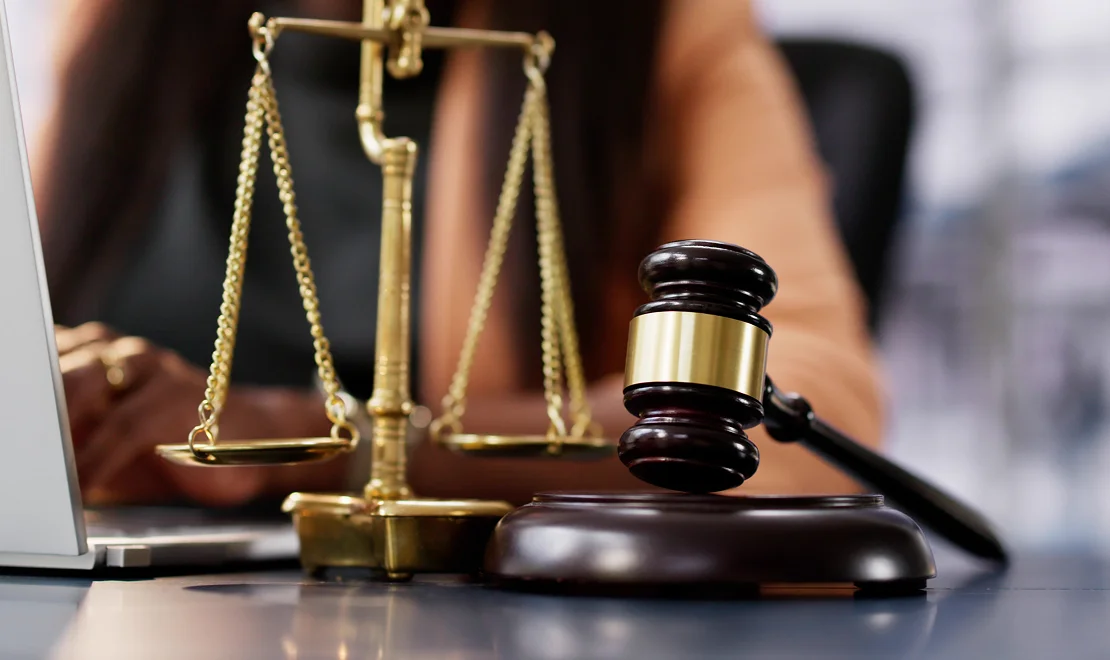
A wrongful death lawsuit can be won or lost on the strength of its evidence. An allegation of negligence is not enough; it must be proven with clear, credible, and compelling facts demonstrating that a wrongful death resulted from that negligence. A top wrongful death lawyer acts as a forensic investigator, gathering and assembling different types of evidence to build an undeniable case.
Physical evidence is tangible proof that can tell the story of what happened in a wrongful death. Its immediate preservation is one of the most critical first steps. Examples include:
Much of the story of a wrongful death is told through documents. A wrongful death lawyer uses legal tools like subpoenas:
Complex wrongful death cases rely on expert witnesses to explain technical issues to a jury:
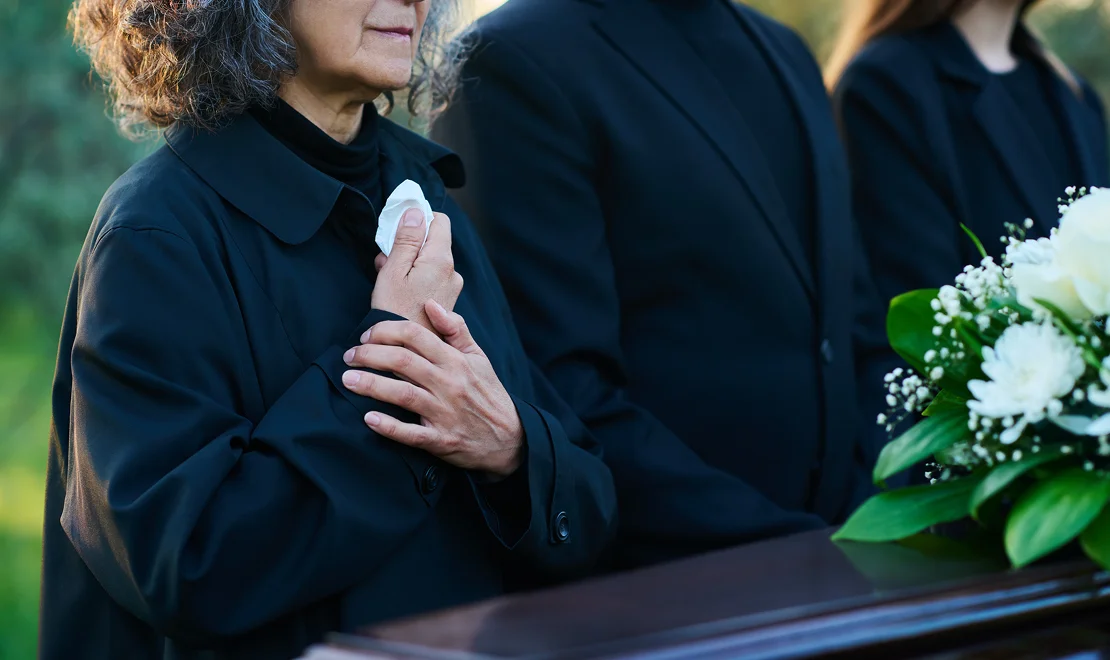
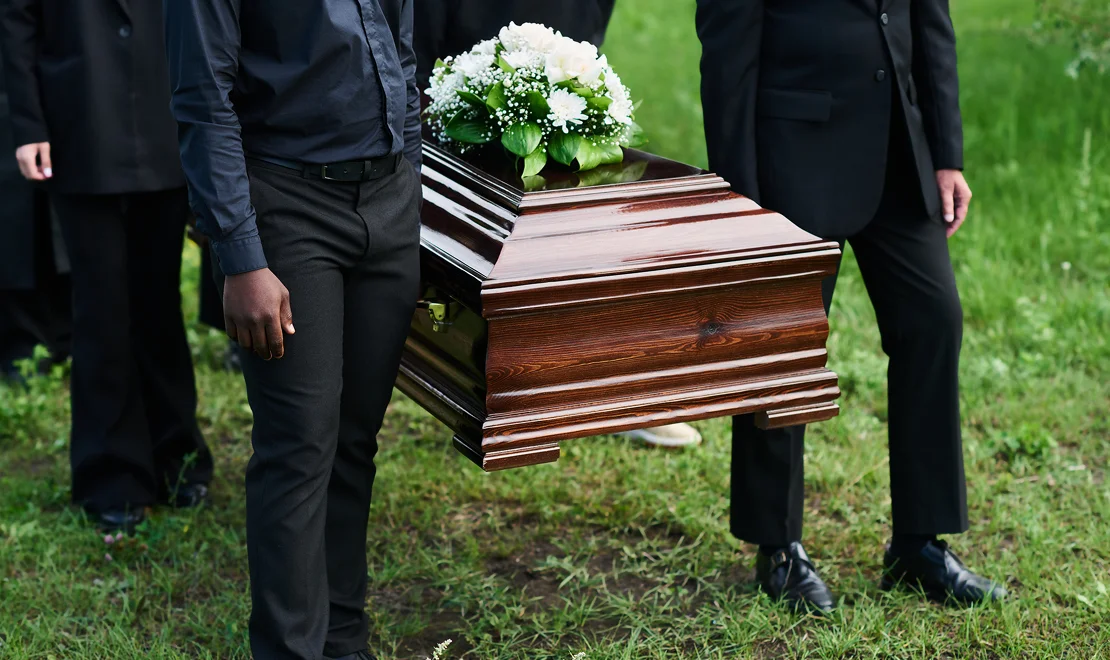
This is a critical legal question with a very specific answer. After a wrongful death, many family members are grieving, but not all of them have the legal authority to initiate a wrongful death lawsuit. Under Pennsylvania law, the lawsuit must be filed by the personal representative of the deceased person’s estate.
This legal structure is designed to create an orderly process. It consolidates the claim into a single action, preventing multiple, competing lawsuits from different family members. The personal representative has a fiduciary duty, meaning they have the highest legal duty of trust to act in the best interests of the estate and all its legal beneficiaries.
While the personal representative is the one who officially files the wrongful death lawsuit, it is crucial to understand that the lawsuit is filed for the benefit of the surviving family members. The law specifies who can receive compensation from the wrongful death claim: often the surviving spouse, children, and parents of the person who was lost are among those who may recover. The proceeds of a wrongful death settlement are distributed among the entitled beneficiaries according to Pennsylvania law. This process ensures that the compensation for the wrongful death goes to the family members who have suffered the most profound loss according to the legislature.
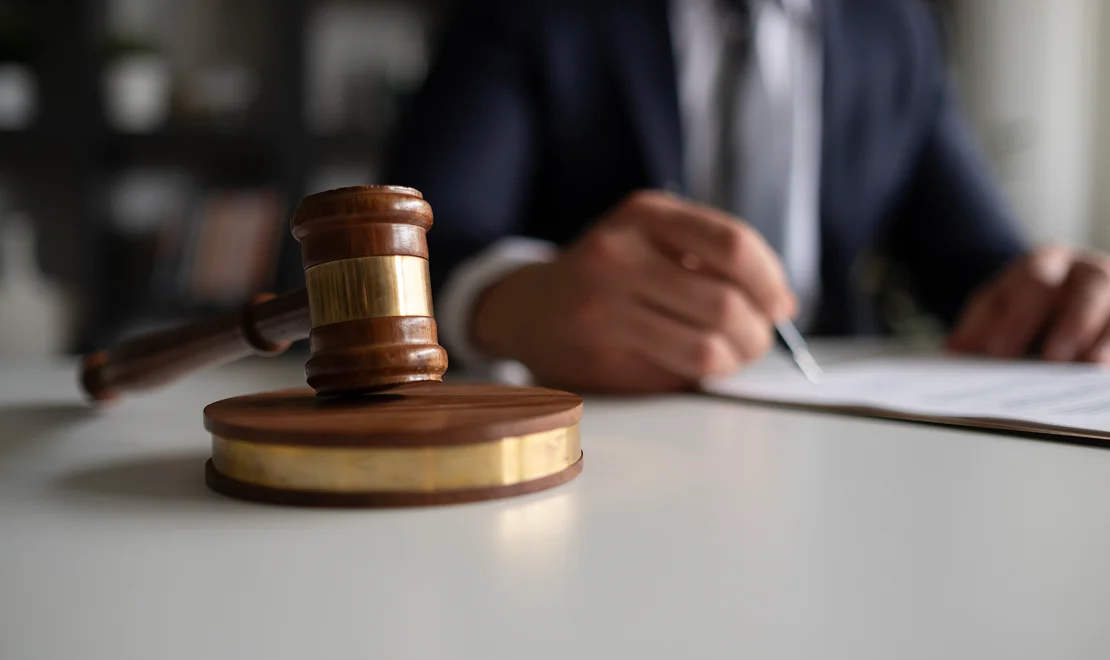
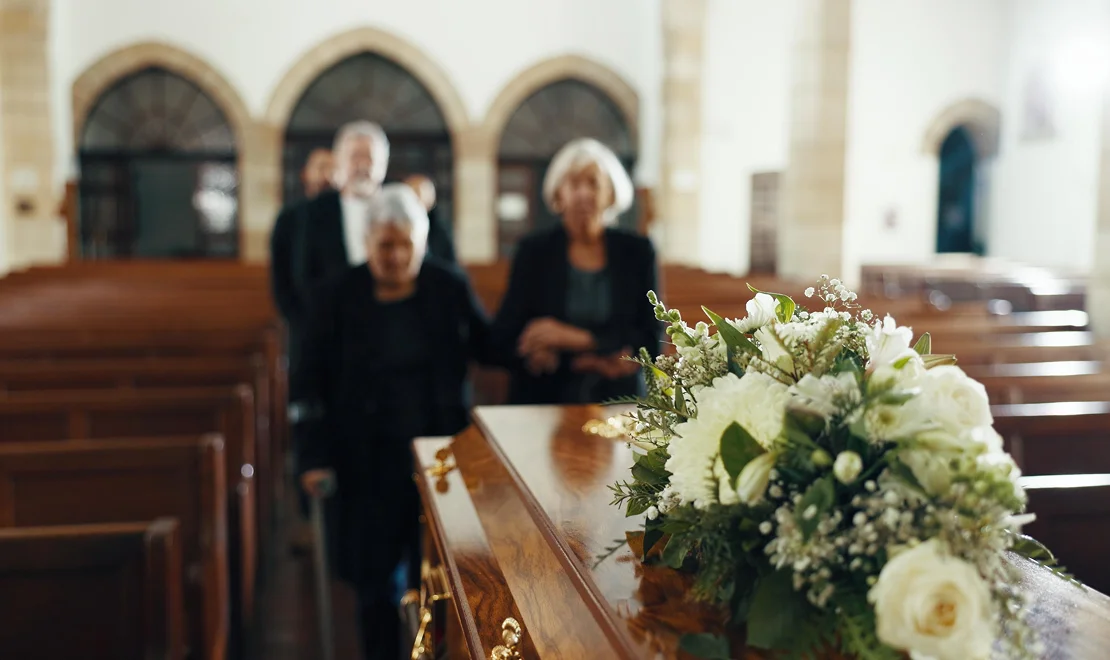
No amount of money can ever replace the person you lost in a wrongful death. The law does not pretend that it can. Instead, the civil justice system uses financial compensation as the only tool it has to provide a measure of justice and, more practically, to provide for the future of the family left behind after a wrongful death. In Pennsylvania, this is achieved through two distinct claims.
This claim is for the harm the surviving family members have suffered.
This claim is for what your loved one went through before they died.
It’s important to note: While the Wrongful Death claim also allows beneficiaries (like a spouse or children) to recover for the lost financial support they would have received from the deceased, the Survival Action focuses on the total earning potential lost by the person who died. An experienced lawyer ensures both aspects of lost earnings are properly calculated and pursued under the correct claims.
In rare cases of extreme or outrageous conduct (e.g., a drunk driver with multiple prior DUIs, a manufacturer knowingly selling a deadly product), punitive damages may be awarded under the Survival Action. Their purpose is not to compensate but to punish the defendant and deter future misconduct. Proving entitlement to punitive damages requires showing the defendant acted with malice, willful misconduct, or reckless indifference to the rights of others, a high legal standard in any wrongful death case.


A wrongful death can happen in almost any setting. Our wrongful death law firm has seen how a single moment of carelessness can lead to a lifetime of pain from a wrongful death. While every wrongful death case is unique, most wrongful death claims in Pennsylvania arise from a few common types of tragic events. Understanding the nature of your specific wrongful death is the first step.
Our roads are the site of far too many preventable tragedies resulting in a wrongful death.
A wrongful death in a medical setting is a profound betrayal of trust.
The specific level of duty a property owner owes depends on the legal status of the person who was injured on their property: whether they were an invitee (like a customer in a store), a licensee (like a social guest), or a trespasser. Understanding this status is key in any premises liability wrongful death case.

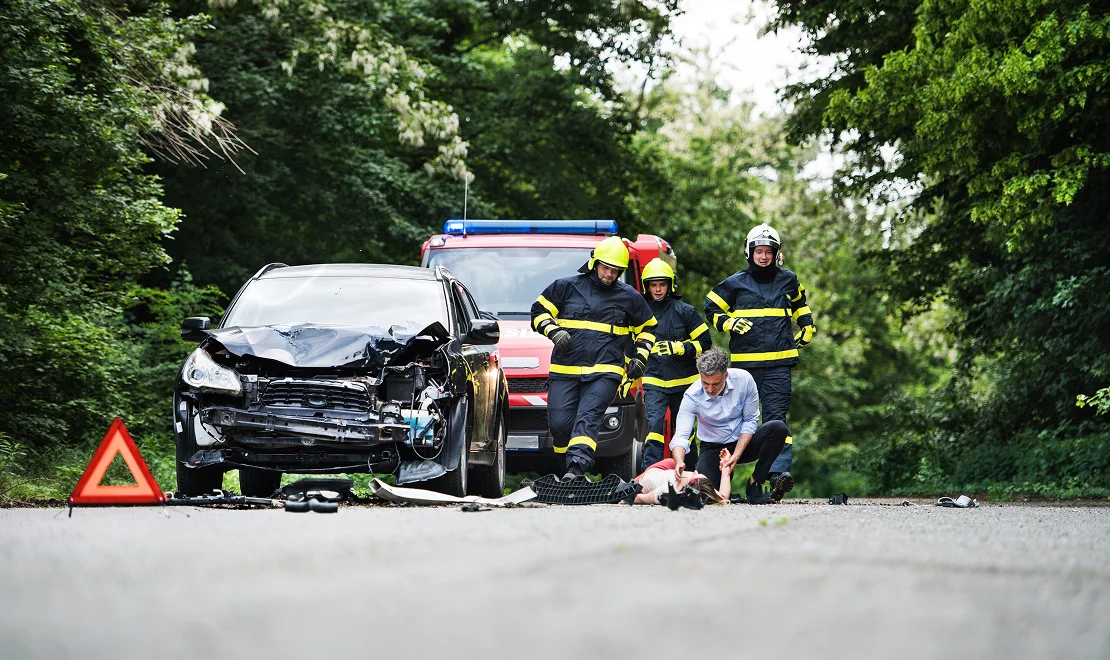
One of the most critical aspects of any wrongful death case in Pennsylvania is the statute of limitations. This is a law that sets a strict deadline for filing a lawsuit. If you miss this deadline, your family will lose the right to seek justice forever.
In Pennsylvania, the statute of limitations for a wrongful death lawsuit is two years from the date of death.
It is important to note that this is different from the statute of limitations for the Survival Action, which is two years from the date of the injury that caused the death. While these dates are often the same, they can be different if a person was injured and then passed away later. For example, if someone was injured in a car crash on January 1, 2024, and died from those injuries on March 1, 2024, the deadline for the Survival Action would likely be January 1, 2026, while the deadline for the Wrongful Death Claim would be March 1, 2026. A wrongful death lawyer files both claims simultaneously, so the earlier deadline usually controls practical timing.
There are very few exceptions to this rule. One is the “discovery rule,” which can sometimes apply if the cause of the wrongful death was not and could not have been reasonably discovered until a later date (for example, in a medical malpractice case where the error was concealed, or an occupational disease case where the illness manifested years later). Another potential exception involves cases where the victim was a minor when the negligence occurred. However, relying on these exceptions is extremely risky and complex.
The two-year deadline is why it is so crucial to contact our wrongful death lawyers as soon as possible after a suspected wrongful death. A prompt investigation is essential to preserve evidence (surveillance footage is often erased, witnesses move, physical evidence degrades), and your lawyer needs ample time to build a strong wrongful death case before the deadline expires. Do not wait. Protecting your family’s rights after a wrongful death starts with respecting this deadline.

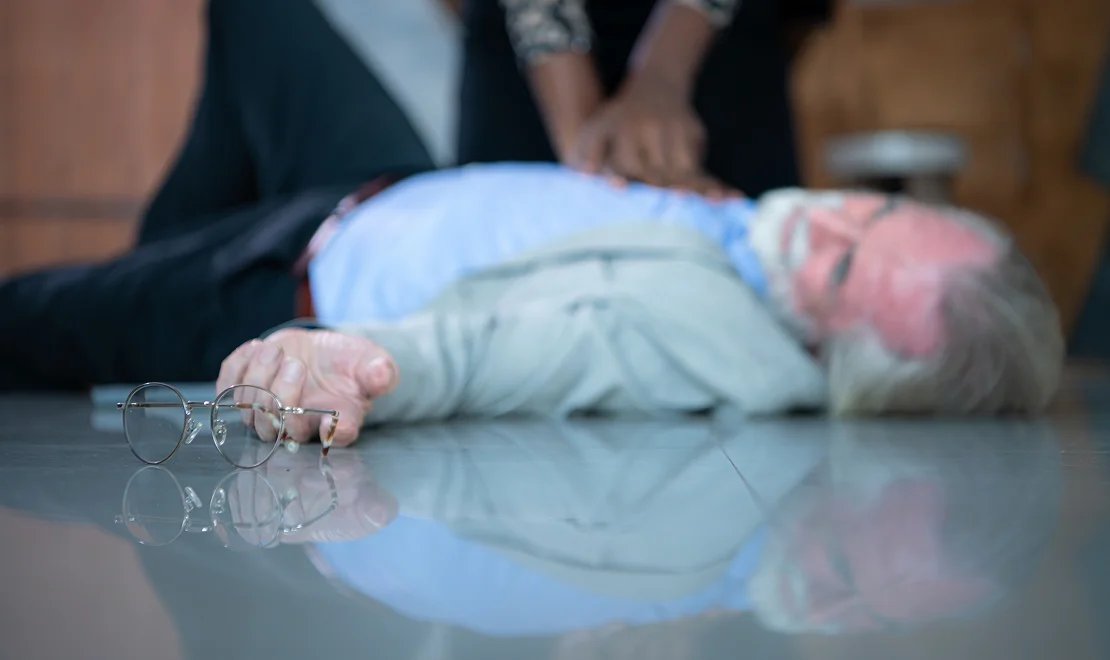
While the vast majority (well over 90%) of wrongful death cases settle out of court through negotiation or mediation, the Killino Firm prepares every case as if it will go to trial. This rigorous preparation is what compels insurance companies to offer fair settlements. If a fair settlement isn’t offered, we are ready to fight for you in court. Here’s what you can expect from the trial process in a Pennsylvania wrongful death lawsuit:
Jury Selection (Voir Dire): The process begins with selecting a panel of citizens to serve as the jury. The judge and the lawyers for both sides will ask potential jurors questions about their backgrounds, experiences, and potential biases to ensure a fair and impartial panel is chosen.
Opening Statements: Your wrongful death lawyer and the defense lawyer will each give an opening statement. This is their opportunity to provide a roadmap of the case, telling the jury what they expect the evidence to show and what they will ask the jury to conclude at the end of the trial regarding the wrongful death.
Plaintiff’s Case-in-Chief: Your lawyer presents your case first. This involves calling witnesses to testify under oath (including family members to speak about the loss, eyewitnesses to the incident, and expert witnesses to explain technical aspects like medical errors or accident reconstruction) and presenting physical and documentary evidence (photos, reports, records) gathered during the investigation and discovery phases of the wrongful death case.
Defendant’s Case-in-Chief: After your lawyer rests your case, the defense presents their evidence and witnesses to try and disprove negligence or minimize damages related to the wrongful death. Your lawyer will have the opportunity to cross-examine their witnesses.
Rebuttal: Your lawyer may present additional evidence to rebut points raised by the defense if permitted by the court.
Closing Arguments: After all the evidence has been presented, each lawyer gives a closing argument. They summarize the evidence presented, tie it back to the legal elements of a wrongful death claim, and argue forcefully why the jury should find in their client’s favor.
Jury Instructions: The judge provides the jury with detailed instructions on the applicable Pennsylvania law regarding wrongful death and negligence and how they should apply it to the facts of the case.
Jury Deliberation and Verdict: The jury retires to a private room to deliberate. They discuss the evidence and vote to reach a verdict. In Pennsylvania civil cases, a verdict does not need to be unanimous; ten out of twelve jurors must agree on the findings regarding liability and damages for the wrongful death.
Post-Trial Motions and Appeals: Depending on the verdict, either side may file post-trial motions asking the judge to reconsider certain issues, or they may file an appeal to a higher court.
A trial is an intense and emotionally draining process, but your wrongful death lawyer will be your guide and advocate every step of the way, ensuring your story is heard and justice is pursued for the wrongful death.
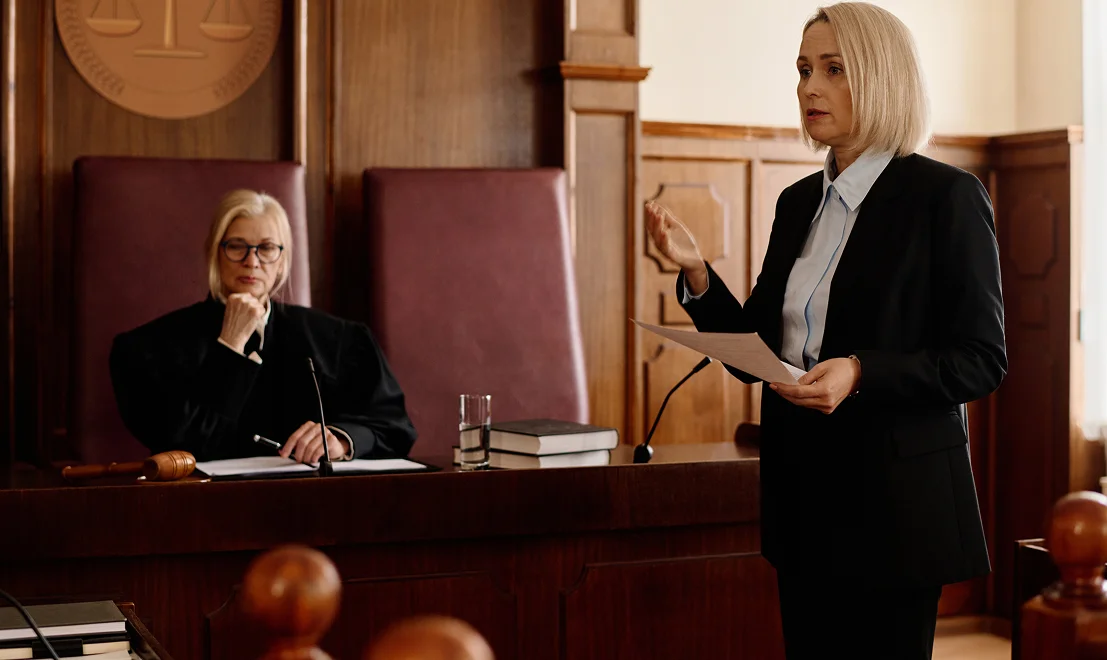
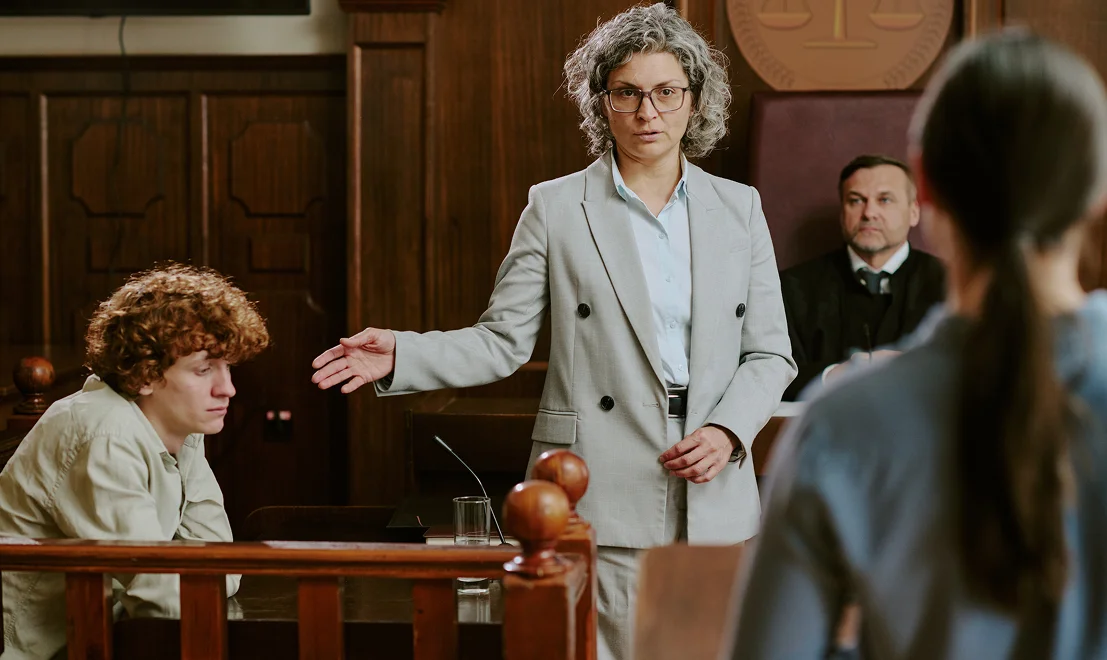
After a wrongful death, insurance companies and corporate defendants start working immediately to protect their profits. They have teams of adjusters and lawyers whose job is to minimize their financial exposure. To fight them, you need a prepared and experienced wrongful death lawyer on your side. Searching for the “best wrongful death lawyer near me” is about finding a firm with a specific set of strengths crucial for success in a wrongful death case.
Winning a wrongful death case requires more than knowing the law.
Our mission is to be a voice for those who can no longer speak after a wrongful death and to secure the future for the families affected by a wrongful death. Choosing the right wrongful death lawyer is the most important decision your family will make in a wrongful death case. A dedicated wrongful death lawyer can make all the difference in achieving justice and security after a wrongful death.


The journey that ends in a wrongful death claim often begins with a catastrophic injury and a desperate fight for life at one of Pennsylvania’s elite trauma centers. These hospitals are specially equipped to handle the most severe and life-threatening medical emergencies, and are frequently where the events leading to a wrongful death case occur. Many are designated as Level I Trauma Centers, meaning they provide the highest level of surgical and critical care around the clock.


Losing a loved one in a wrongful death is an incredibly isolating experience, but your family does not have to navigate this grief alone. Building a support network is a vital step toward healing. Below are some of the best grief and bereavement resources available to families in Pennsylvania, offering a safe space to connect with others who truly understand.
This is a critical distinction. Criminal charges (like homicide or vehicular manslaughter) are brought by the government (the District Attorney) against the person who allegedly committed a crime. The goal is punishment, such as jail time or fines paid to the state. The burden of proof is “beyond a reasonable doubt.” A wrongful death lawsuit is a separate, civil action brought by the family’s wrongful death lawyer against the negligent person or company to obtain financial compensation for the family’s losses. The goal is compensation, not punishment. The burden of proof is lower – “preponderance of the evidence.” The two cases can happen concurrently, and the outcome of one does not legally dictate the outcome of the other (though a criminal conviction can sometimes be used as evidence in the civil wrongful death case). Even if the DA declines to file criminal charges, you can still have a very strong civil wrongful death case.
This distribution follows specific rules under Pennsylvania law.
Yes, in many cases. Pennsylvania follows a “modified comparative negligence” rule (51% Bar Rule). This means that as long as your loved one was not more than 50% at fault for the accident that caused their wrongful death, the family can still recover damages in a wrongful death lawsuit. However, the total recovery will be reduced proportionally by your loved one’s percentage of fault. For example, if a jury finds the total damages are $1 million but determines your loved one was 20% at fault, the family would receive $800,000 (80% of the total). If your loved one was found to be 51% or more at fault, the family would recover nothing. Determining percentages of fault is a complex factual issue your wrongful death lawyer will vigorously contest.
We hear this often, and we understand completely. Filing a wrongful death lawsuit is not about being “sue-happy” or seeking revenge. For most families, it is about three fundamental needs: Answers, Accountability, and Security.
There is no set timeline, as every wrongful death case is unique. Factors influencing the duration include:
Yes, absolutely. A person’s value is not solely defined by their paycheck.
A structured settlement is an arrangement where a significant portion of a wrongful death settlement is paid out over time through a guaranteed annuity contract purchased from a life insurance company, rather than as a single lump sum.
An autopsy, performed by a medical examiner or pathologist, can be incredibly crucial evidence in a wrongful death case. It provides a definitive, objective medical determination of the exact cause and manner of death.
Text With Us
We'll text you!
"*" indicates required fields
By submitting, you agree to be contacted about your request & other information using automated technology. Message frequency varies. Msg & data rates may apply. Text STOP to cancel. Privacy Policy
Call Me
We'll call you!
"*" indicates required fields
By submitting, you agree to be contacted about your request & other information using automated technology. Message frequency varies. Msg & data rates may apply. Text STOP to cancel. Privacy Policy
Book A Consultation
We're ready to answer your questions!
Email Us
We're available by email!
"*" indicates required fields
By submitting, you agree to be contacted about your request & other information using automated technology. Message frequency varies. Msg & data rates may apply. Text STOP to cancel. Privacy Policy
Text With Us
We'll text you!
"*" indicates required fields
By submitting, you agree to be contacted about your request & other information using automated technology. Message frequency varies. Msg & data rates may apply. Text STOP to cancel. Privacy Policy
Call Me
We'll call you!
"*" indicates required fields
By submitting, you agree to be contacted about your request & other information using automated technology. Message frequency varies. Msg & data rates may apply. Text STOP to cancel. Privacy Policy